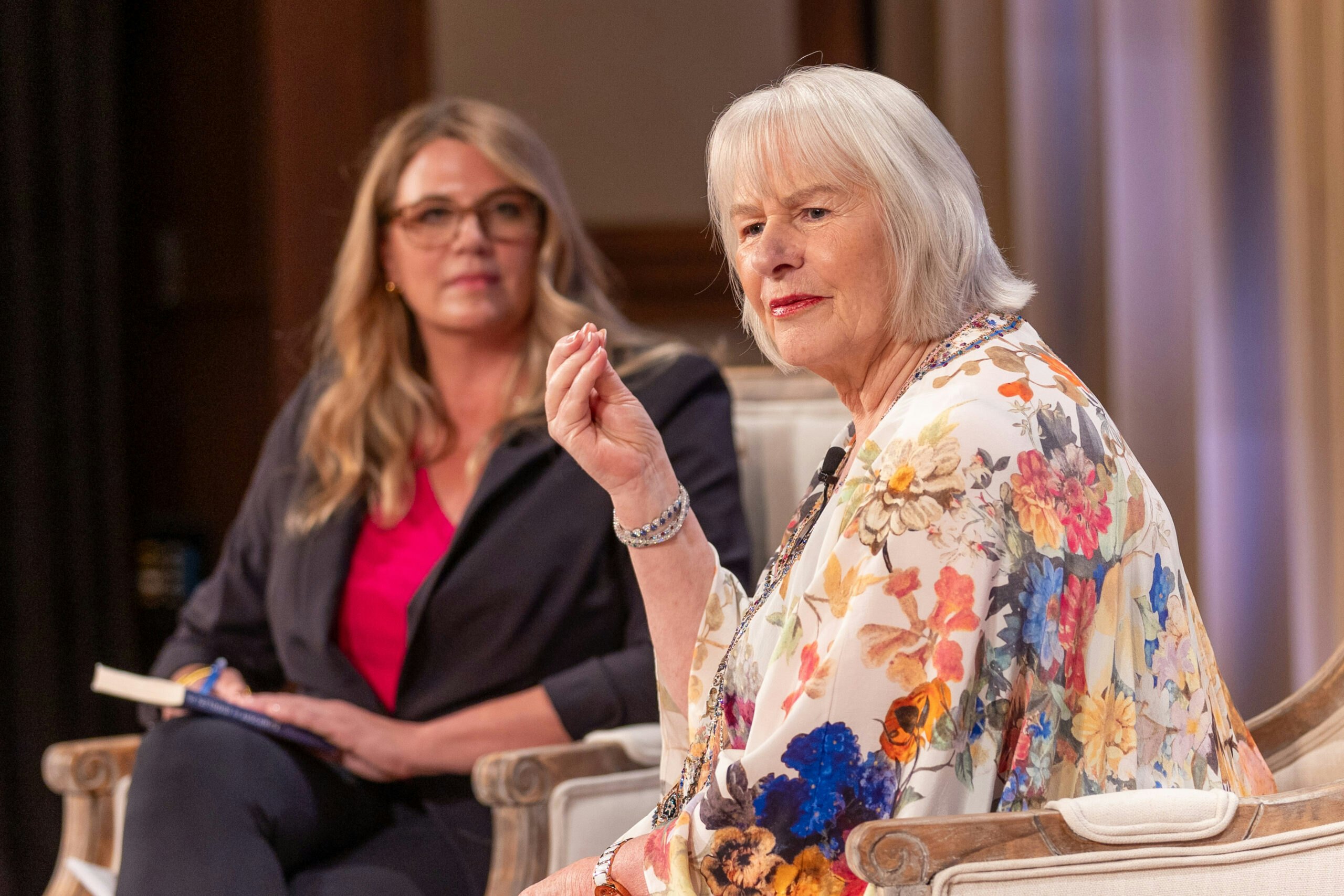Many people have lost faith in the securities markets, what with the financial crisis, the recession, and the tepid recovery. These markets are...
Many people have lost faith in the securities markets, what with the financial crisis, the recession, and the tepid recovery. These markets are essential to the U.S. economy, and restoring public confidence in them will help to get growth going again.
“Investors have adopted a wait-and-see attitude because markets are missing the two components essential for confidence: trust and certainty,” wrote Laurence D. Fink, chairman and CEO of BlackRock, in The Wall Street Journal. “The urge to sit on the sidelines until better times return is not only inhibiting economic growth, it is exacerbating the silent crisis of inadequate retirement savings.”
Wait a minute — hasn’t the stock market been rallying? Indeed, the S&P 500 is up about 14% so far this year. Sideline-sitters sure don’t push the market higher.
True, but the longer-term picture isn’t encouraging. As a recent WSJ article pointed out, “Even as stock indexes have doubled in value since the market low in March 2009, investors have yanked a net $138 billion from mutual funds and exchange-traded funds that invest in U.S. stocks, according to the Investment Company Institute, a mutual-fund trade group.” That withdrawal, the article adds, “marks the first time since 1981 that investors have pulled money from U.S.-stock funds for more than a year at a time.”
Fink offers some prescriptions for the confidence malady. That might seem like the fox proposing security measures for the henhouse, but he doesn’t shy away from goading his own investment industry. First, he says, the industry ought to conduct an education campaign to show younger workers how saving and investing can help them retire with financial security. Second, the industry needs to stop such self-serving schemes as lobbying to block reforming regulations that govern money-market funds.
As for government, Fink lambasts the president and Congress for marching us up to a “fiscal cliff.” He writes: “Nothing weighs on the financial markets more than indecision.” Fink also wishes for a simpler tax code, and one without temporary provisions that also generate uncertainty.
His observations and suggestions aren’t groundbreaking. In fact, they amount to common sense. That they come from a prominent person in the investment business, however, raises hopes that other leaders will follow suit.






















